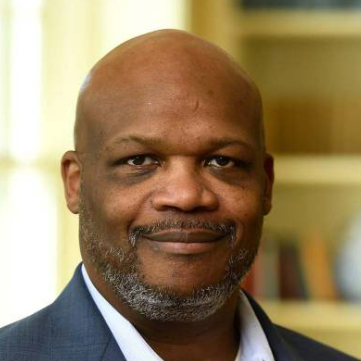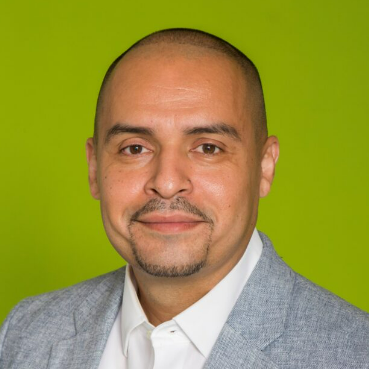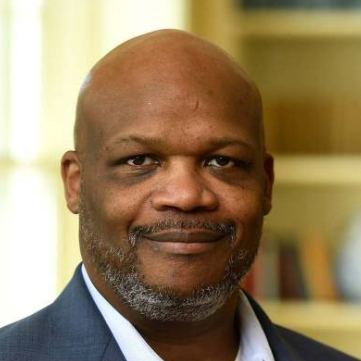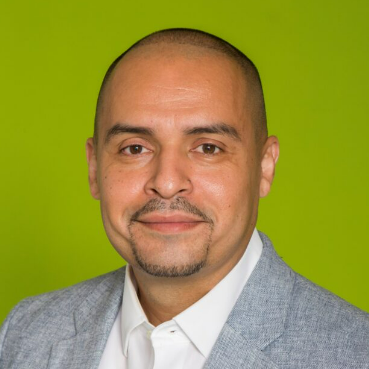



Community Violence Intervention through Rewire CBT: Bridging Behavioral Health and Public Safety
Community Violence Intervention through Rewire CBT: Bridging Behavioral Health and Public Safety
Pricing
Information
Recorded
-
-
Learning Objectives
Participants will be able to:
-
Describe the core components of Roca’s Rewire CBT curriculum and how they are applied in practice.
-
Explain how Rewire CBT supports emotional regulation and decision-making among young people exposed to chronic trauma.
-
Identify measurable outcomes associated with Roca’s intervention model, including reductions in recidivism and increases in employment.
-
Assess the potential applications of community-based CBT interventions within public health, criminal justice, and behavioral health systems.
Educational Goal
Description
This 60-minute session introduces participants to Roca’s evidence-informed approach to community violence intervention, with a focus on its signature Rewire CBT curriculum. Roca works with young people at the center of urban violence—those most likely to be victims or perpetrators of shootings—by relentlessly engaging them, building safety and stability, and teaching the critical cognitive-behavioral skills needed for long-term behavior change. The Rewire CBT model adapts core cognitive-behavioral therapy techniques into practical, accessible, and repeatable tools for young adults who are often disconnected from traditional systems of support.
The presentation features three perspectives. Molly Baldwin, Roca’s Founder and CEO, will provide an overview of the organization’s mission, history, and national outcomes. Branville Bard, Roca Board Member, Vice President for Public Safety at Johns Hopkins University, and former Massachusetts municipal police commissioner, will speak to the public safety and systems-change implications of Roca’s work. Finally, Carl Miranda, Roca Boston Director, will present the details of the Rewire CBT curriculum, including its four pillars: emotional regulation, self-awareness, problem-solving, and future orientation. He will illustrate how frontline staff teach these skills through repetition, coaching, and practice in real-life scenarios.
By the end of the session, participants will gain an understanding of how Rewire CBT helps highly traumatized young people build the cognitive and emotional capacity to make different choices, reduce violence, and successfully engage in education, employment, and community life. The session also highlights how Roca’s model can inform broader systems of public safety, justice, and behavioral health.
Target Audience
- Addiction Professional
- Counselor
- Marriage & Family Therapist
- Nurse
- Physician
- Psychologist
- Social Worker
Presenters
Financially Sponsored By
- GXC Events - The Global Exchange Conference


